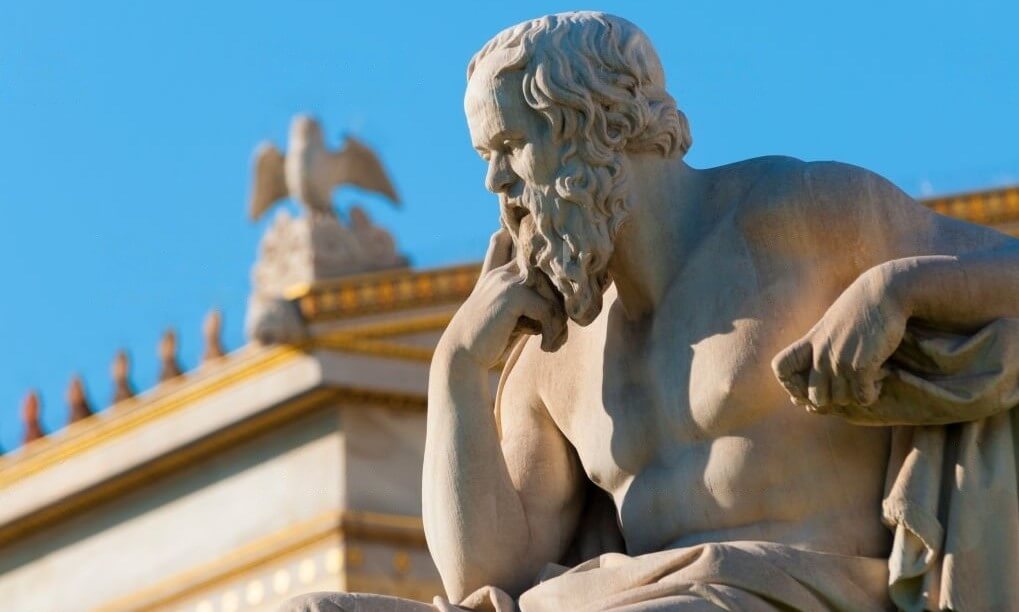
Facial Hair Chronicles: A Look at Iconic Beards in History and Pop Culture
Facial hair, a seemingly trivial aspect of human appearance, has held immense significance throughout history and across cultures. Beyond mere facial adornment, iconic beards have emerged as potent symbols of power, wisdom, and individuality. From ancient rulers who donned majestic beards as a mark of divine authority to modern-day artists and celebrities expressing their creative essence through facial hair, the journey of iconic beards spans civilizations and transcends time. In this captivating exploration, we embark on an enthralling odyssey through history and pop culture to unravel the stories behind some of the most iconic beards and their profound impact on society.
Throughout history, iconic beards have adorned the faces of influential figures, leaving an indelible mark on the collective consciousness of their eras. Whether signifying the divine connection of ancient pharaohs or exemplifying the intellectual depth of philosophers, facial hair has been a language of its own, speaking volumes about the individuals who wore it. The striking golden burial mask of King Tutankhamun and Emperor Hadrian’s stoic Roman coin portraits bear witness to the profound role beards played in symbolizing regal authority and wisdom.
The Mighty Beards of Ancient Rulers
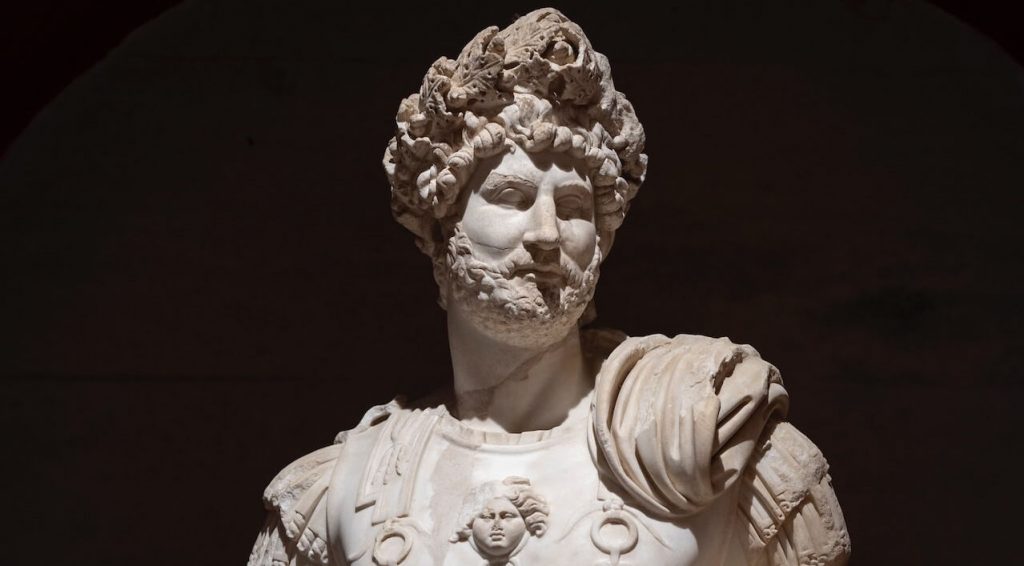
In ancient times, beards held great significance, especially for rulers and leaders. Let’s take a closer look at some of the bearded figures from various civilizations:
King Tutankhamun’s Boyish Charm
King Tutankhamun, the young pharaoh of ancient Egypt, ruled during the 14th century BCE. Despite his short reign, he is well-known for his iconic golden burial mask, which features a carefully sculpted beard. The mask not only depicted his youthful charm but also showcased the importance of facial hair as a symbol of regal authority and divine connection in ancient Egyptian culture.
The Stoic Beard of Emperor Hadrian
Roman Emperor Hadrian, who reigned from 117 to 138 CE, was recognized for his impressive beard. His statues and coins portrayed him with a full, flowing beard, symbolizing his authority and wisdom. The beard’s representation of stoicism and maturity complemented Hadrian’s military accomplishments and role as a statesman.
The Magnificent Beard of Emperor Meiji
Emperor Meiji of Japan ushered in a new era of modernization and progress during the Meiji Restoration in the late 19th century. His transformational reign saw Japan evolve from a feudal society to a modern nation. Emperor Meiji’s long, full beard became an emblem of the changes he brought to Japan and the symbol of a new era for the country.
Bearded Philosophers and Thinkers
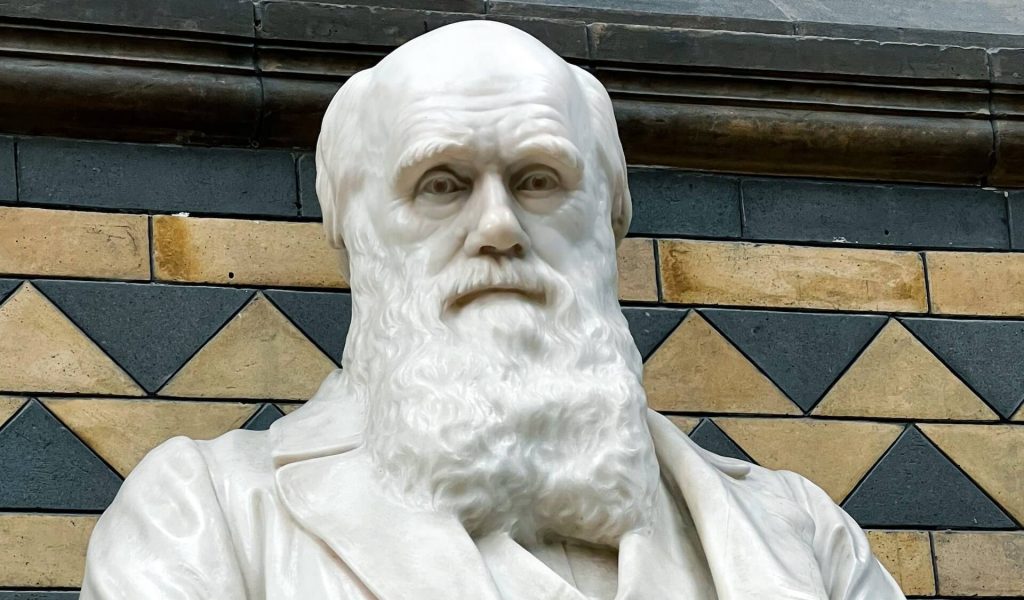
Beards have been historically associated with wisdom and profound thinking. Here are some iconic examples:
The Wisdom of Socrates’ Beard
Socrates, the revered philosopher of ancient Athens, left behind no written works. However, his teachings and ideas were recorded by his followers, including Plato. Socrates is often depicted in sculptures and artwork with a full and flowing beard. This facial hair symbolized wisdom, intellect, and philosophical depth, making him a highly respected figure in classical philosophy.
Charles Darwin’s Evolutionary Beard
The renowned naturalist and biologist, Charles Darwin, was known for his dedication to the study of evolution and natural selection. His long and untamed beard became an iconic representation of his commitment to scientific exploration. Not only did it mirror his adventurous spirit, but it also embodied his curiosity about the natural world, which led him to develop groundbreaking theories about the origin of species.
The Bearded Artists and Writers
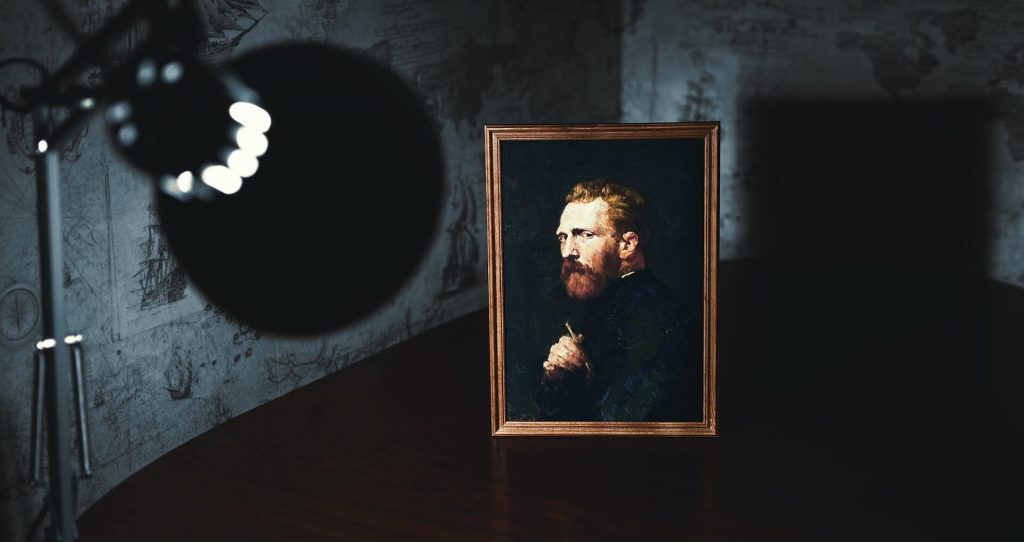
In the world of art and literature, bearded creators have made their mark in more ways than one:
The Maverick Beard of Vincent van Gogh
Vincent van Gogh, the Dutch post-impressionist painter, is known for his emotionally charged and vibrant artworks. Van Gogh’s striking red beard exemplified his unconventional approach to art and life. His facial hair, much like his art, reflected a passionate and intense personality that led to some of the most celebrated masterpieces in art history.
Walt Whitman’s Poetic Beard
American poet Walt Whitman was celebrated for his groundbreaking collection of poetry, “Leaves of Grass.” His full and untamed beard was a poetic expression of his free spirit and unapologetic individuality. Whitman’s facial hair mirrored the unconventional and inclusive nature of his literary work, which celebrated the diversity of humanity.
Legendary Beards in Pop Culture
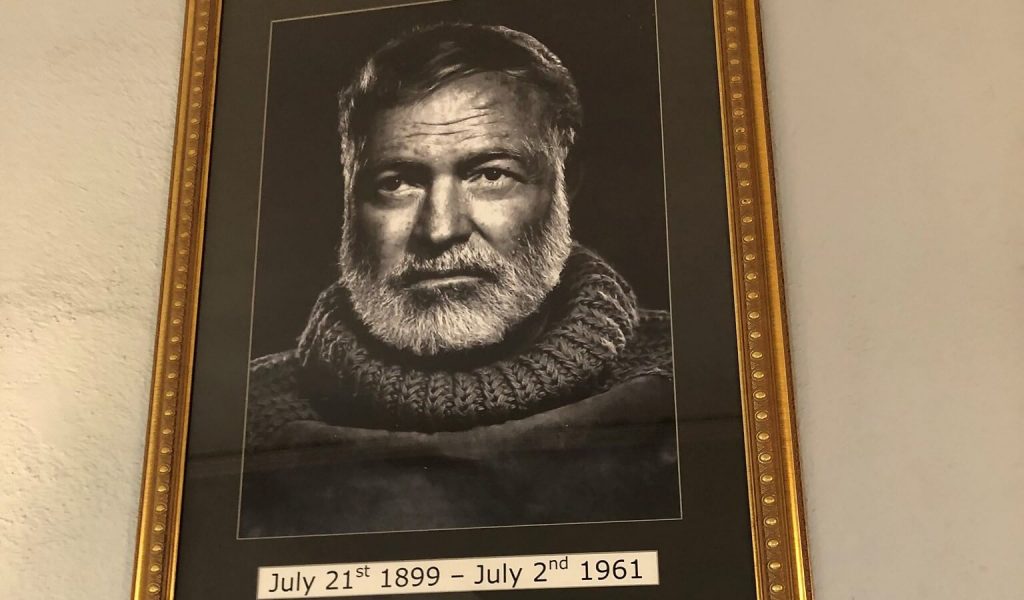
Iconic beards have also played a significant role in shaping popular culture, particularly in the realm of entertainment and sports:
The Grizzled Beard of Ernest Hemingway
Ernest Hemingway, the renowned American author and journalist, was often photographed with his thick, grizzled beard. Hemingway’s facial hair added to his rugged and adventurous image, reflecting the themes present in many of his novels, which often explored themes of war, love, and masculinity.
The Iconic Beards of the Beatles
The Beatles, one of the greatest bands in music history, were not only known for their groundbreaking music but also for their distinct beards. John Lennon, Paul McCartney, George Harrison, and Ringo Starr all sported various facial hair styles during their career, reflecting their artistic evolution and individual personalities. The Beatles’ beards became part of their image, symbolizing their growth as musicians and as cultural icons of their time.
Conclusion
The chronicles of iconic beards, etched across the annals of history and pop culture, reveal a timeless tale of individuality and self-expression. Beyond the realm of facial hair, these beards have become cultural emblems, representing the accomplishments, ideals, and personas of those who wore them.
From the majestic beards of ancient rulers, symbolizing power and divine connection, to the bearded philosophers who embodied wisdom and intellectual depth, facial hair has transcended time and society. Artists and writers, too, have etched their unique mark on the world through their facial hair, reflecting the vibrancy of their creations and challenging societal norms.